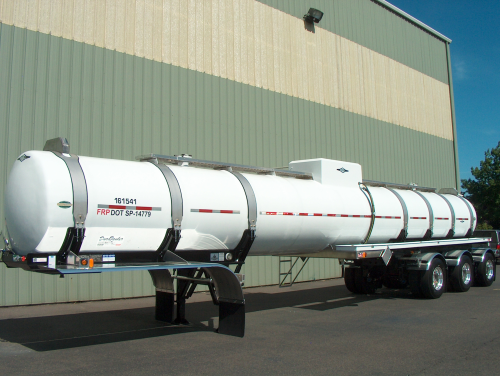
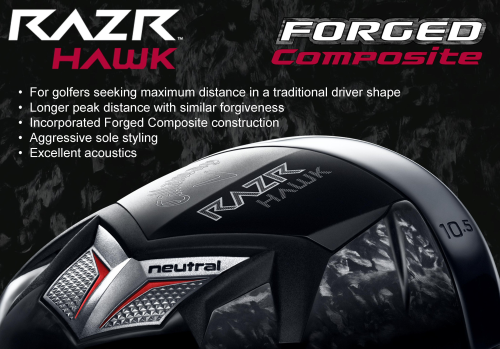
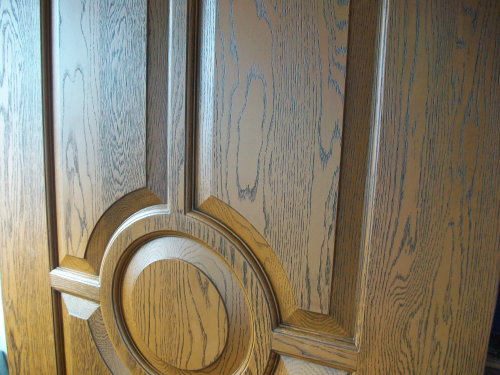
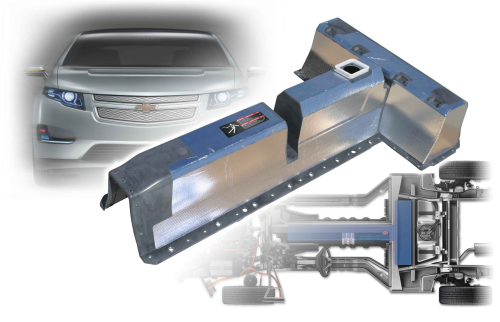
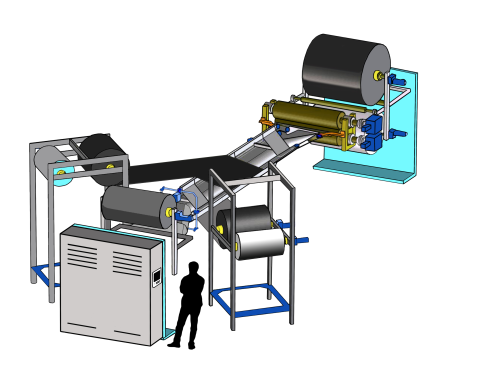
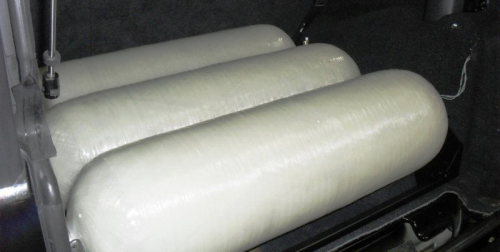
The award categories and their winners are as follows.
Best of Show Award
Winner: Corrosion Companies Inc, Washougal, Washington, USA, for its Composite Cargo Tanker with DuraShield continuity capability.
This FRP cargo tanker is designed for handling corrosive liquids. The filament wound composite tank trailer utilises BALTEK SB.100 balsa core. The inner liner has the first 'DuraShield' carbon fibre continuity system for checking the liner integrity.
Materials & equipment suppliers: Ashland, Owens Corning, Baltek, Beall Corporation.
Most Creative Application Award
Winner: Callaway Golf Company, Carlsbad, California, for its RAZR Hawk Driver featuring Forged Composite. This is Callaway's first driver to feature an aft body made using a carbon fibre reinforced moulding compound (Forged Composite) and a compression moulding process.
The proprietary moulding process produces parts that are consistently strong, lightweight and precise with excellent surface finish and and wall thickness down to 0.035 inches.
Process Innovation Award
Winner: Italpresse / Acell USA, Punta Gorda, Florida, for its Acell Monolithic Composite Process. This process allows composite panels to be manufactured in a single pressing operation.
The panels are made from Acell phenolic foam sanwiched between sheet moulding compound (SMC). The foam allows air and gases to be filtered through the open cells, allowing resin to migrate into the cells to provide a strong mechanical key between the SMC and the foam. The foam is moulded during pressing, eliminating the need to shape it beforehand.
Composites Sustainability Award
Winner: Continental Structural Plastics, Troy, Michigan., for its 2011 Chevrolet Volt SMC Battery Cover Assembly.
The combination of patented, lightweight SMC formulations and proprietary moulding and manufacturing processes provided by Continental Structural Plastics helped GM develop the rechargeable 220 cell lithium-ion battery pack, which is covered with a lightweight, structural SMC cover assembly and is low cost, low mass and chemically resistant.
Equipment Innovation Award
Winner: MD Fibertech Corporation, Sausalito, California, for its Multi-Directional (MD) Reinforcement System.
This high speed (600 m per hour) production process uses unidirectional (UD) reinforcements as feedstock to produce high-quality, low-weight multi-directional reinforcements. MD reinforcements are suitable for a wide range of applications, including wind energy, automotive, marine, aerospace, transportation and military/defence products. One MD machine system is said to produce the same output as 6 to 30 competitive machines.
Infinite Possibility for Market Growth Award
Winner: GASTANK SWEDEN, Pitea, Sweden, for its Lightweight Composite Type 4 GNG Cylinder, a gas tank for natural gas fuelled vehicles.
The tank is reported to be the world's first fully wrapped glass composite cylinder that meets the stringent requirements set forth by the R110 United Nations to allow use of this equipment on vehicles. This cylinder is claimed to be 57% lighter than the same capacity steel cylinder, improves vehicle performance and decreases environmental footprint while at the same time remaining affordable.
Innovation in Green Composites Design Award
Winner: 3B - the Fibreglass Company, Battice, Belgium, for its Sustainable Composites for Water and Sewer Applications, including manholes and trapdoors.
The parts are made of a minimum 90% recycled materials (such as plastic wastes, including used shoes and TPU profiles) and 55% glass fibre waste.
COMPOSITES 2011 took place in Fort Lauderdale, Florida, on 2-4 February. Next year the trade show will be held in Las Vegas, Nevada, on 21-23 February.



